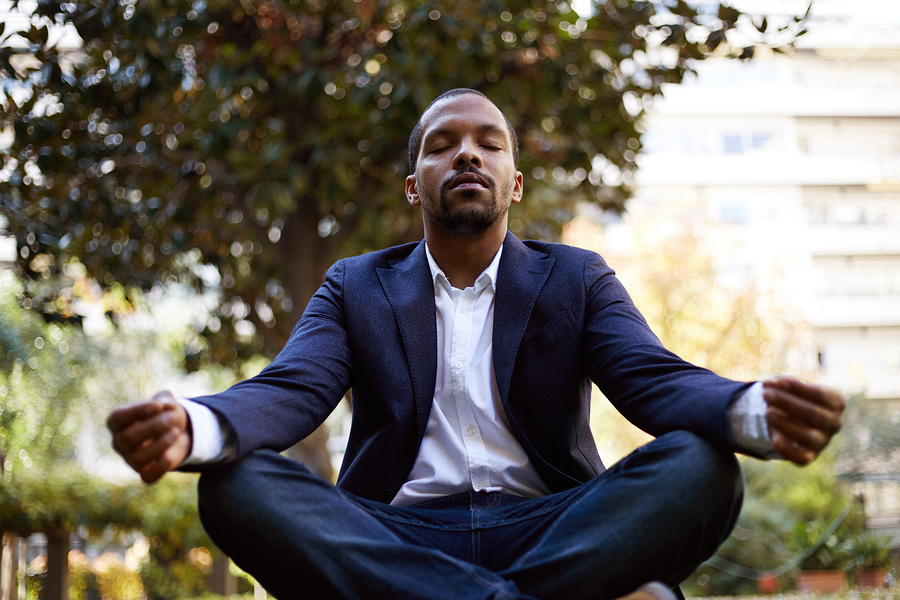
What words come to mind when you think about mental health treatment? Medication, maybe. Therapy of all kinds: CBT, DBT, existential, behavioral.
All of these have something in common. They’re prescribed or facilitated by licensed mental health professionals. However, the final piece of the puzzle is something that everyone can implement on their own: self-care.
Self-care is crucial for mental health, and is highly recommended even for those who are doing okay. Without self-care, all other treatments are fighting an uphill battle. Yes, they work. But their effectiveness is tempered by self-neglect.
Why is self-care so important for mental health? Let’s start by defining exactly what we’re referring to when we speak of self-care.
What Is Self-Care?
Self-care refers to anything you do to improve your wellbeing and happiness. This can include anything from regular exercise to the occasional bubble bath.
Usually, we speak of it in the context of doing things for yourself that, technically, don’t need to be done. You don’t need a massage. You don’t need to listen to relaxing music or go out to the movies. Doing these things therefore epitomizes self-care. Some would consider it indulgent, as it isn’t technically productive time. But it does something of far greater value than most of what we consider productive activity.
Why Does Self-Care Impact Mental Health?
Some forms of self-care are intuitively helpful for mental health. Exercise, eating well, and sleeping well, all affect our physical health as well as giving us energy to do what needs to be done every day.
But how do hobbies, baths, and the like make a difference to mental health? There are 3 main reasons.
A Sense of Security
When it comes down to it, anxiety is a product of feeling unsafe in one way or another. It differs from fear in that it is not an urgent, life threatening sense of danger we’re worried about. Rather, anxiety relates to the things that keep our world as we know it in order.
Unfortunately, the solution to the problems excessive anxiety causes us cannot be to fix everything in our lives and keep everything in control. That’s impossible, especially because it’s not really up to us most of the time.
Therapy helps us learn to manage the anxiety, but self-care has its own important place. Self-care, quite simply, makes us feel cared for. When we know we’re cared for, we feel a sense of security. That sense of security reduces the potency of the anxiety. Yes, the triggers remain, but you will feel like a more robust person, ready to deal with them.
Because You’re Worth It
One common factor in most mental illnesses is a shaky sense of self. You’re questioning who you are and, more urgently, whether you matter at all. You may not have received the unconditional love of a parent, or maybe you interpreted their care as coming at a steep price.
Whatever the reason is, you need to develop your sense of self in order to truly heal. Self-care is a perfect start. Your mind may shred all evidence that others find you worthwhile, but actions can be potent regardless. Taking care of yourself is a practical demonstration of your own self-worth. In a way, it’s as if you’re “faking it til you make it”.
Yourself And Others
In case you feel that self-care is, in fact, selfish, here’s the good news. Without caring for yourself, you’re not going to be able to care for others. As RuPaul puts it:
“If you can’t love yourself, how in the hell you gonna love somebody else?”
In other words, you’re the person you spend most of your time with. You’re the person who experiences your own attitudes and actions. If you’re not caring for yourself, you’re neglecting your caring skills altogether. Conversely, if you are giving yourself love and care, you build your caring skills and naturally start relating to others with more compassion and empathy.
Hopefully, you can see the importance of self-care for mental health. So, what can you do to care for yourself?
Self-Care Tips
The following are some of the tenets of good self-care:
- Do things you enjoy. We tend to see hobbies as self-indulgent or a waste of time. After all, they don’t make us money and can take up a lot of time. But hobbies are often the very things that give us the sense of fulfillment we crave. Committing to do things you enjoy is the ultimate expression of self-care.
- Be a pleasure connoisseur. Pleasure is also something seen as selfish or unnecessary. But pleasure is what gives life its glow, making us feel good and giving us energy to pursue our goals. However, if you indulge in pleasure mindlessly, you miss much of the experience and can end up doing unhealthy things. Rather, be a pleasure connoisseur, paying attention to the things you like and why you like them. Quality, in this case, is better than quantity.
- See friends. Not everyone loves socializing all the time. But we all need it to some extent. If you’re not much of an extrovert, see friends in a one-on-one context. If you do love crowds, don’t feel guilty about taking a night off to go to a party or gathering.
- Go home. Work is a hugely important part of our lives. And we treat it that way. It takes up much of our mindspace, as well as eight hours of every weekday. However, it is important to give yourself a break when you can. If you find yourself staying late at work when you don’t have to, or working on weekends, it is time to go home. Work may give you satisfaction and fulfillment, and at the least it gives you financial security, but we all need time away from it.
Self-care is incredibly important to mental health. By focusing on self-care, you make yourself less vulnerable to mental illness, and make recovery that much smoother.